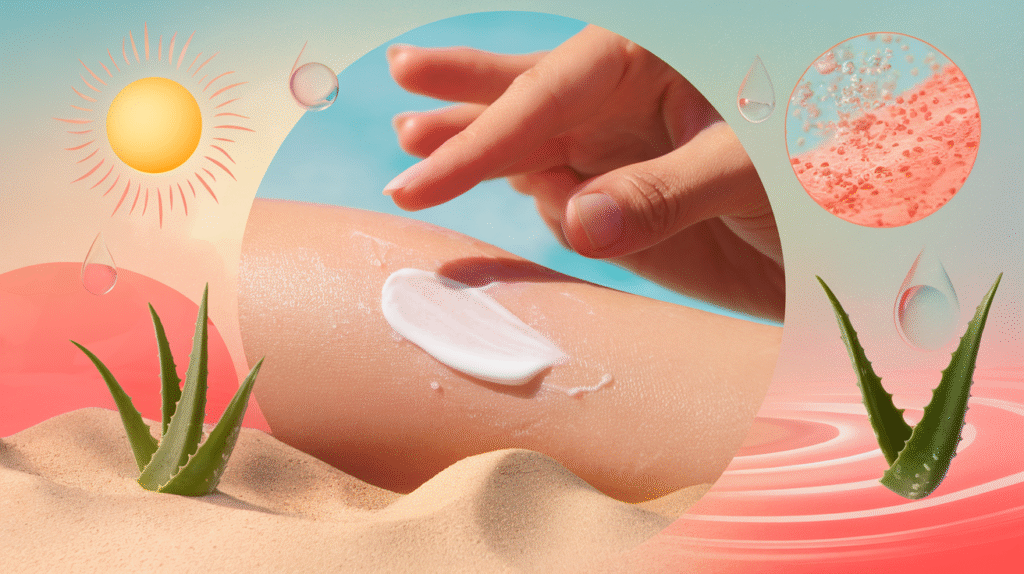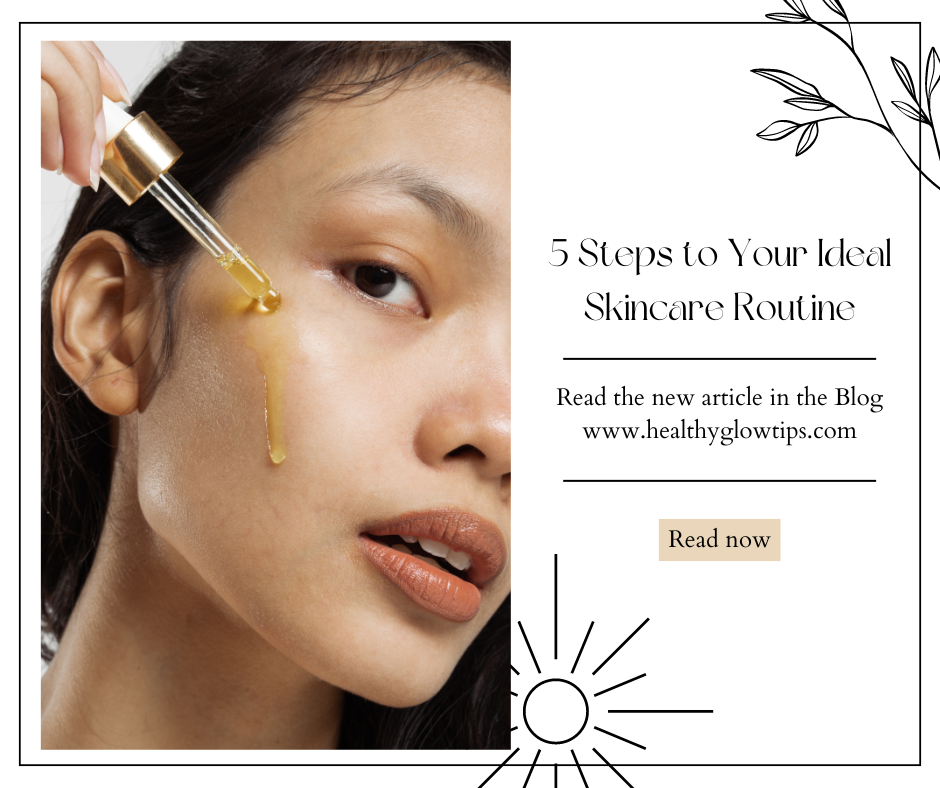Can I Use Sunscreen Instead of Moisturizer?

Introduction
We all know we should be taking better care of our skin, and most of us try to fit lotions and potions into our daily routine in an effort to keep things supple and safe. In this category, moisturizers and sunscreens are important. But, what if we could streamline our process? And this questions makes us wonder: Can we use sunscreen as a moisturizer?
Understanding Moisturizers
What Is the Point of a Moisturizer?
Moisturizers are formulated to hydrate the skin while preserving its natural barrier. They do so either by pulling water into the skin, or by blocking the loss of water.
Ingredients in Moisturizers
* Humectants: These draw water to the skin (such as glycerin, hyaluronic acid)
- Emollients: These are ingredients that give skin a more supple, smooth, soft feel (as well as the appearance of softer, smoother skin); examples include oils and silicones.
- Occlusives: They create a) protective barrier to stop water loss (e.g. petrolatum, lanolin)
Understanding Sunscreens
Purpose of Sunscreen
Sunscreens are intended to protect the skin from the harmful effects of ultraviolet (UV) radiation, including premature aging, sunburn and skin cancer.
Types of Sunscreens
- Chemical sunscreens: Absorb UV rays How they work: These sunscreens contain one or more active ingredients (chemicals like oxybenzone or octocrylene, to name a few) that absorb UV radiation and reduce the amount that penetrates the skin.
- Physical sunscreens: Reflect UV rays off the skin
Sunscreen and Moisturizer: What’s the Difference?
Although both products are designed to care for your skin, what they do best varies:
- Moisturizers: All about hydration and skin barrier support
- Sunblock: Protects from UV with minimal UVB and UVC protection
Yet in many newer sunscreens, there are also hydrating agents, which muddies the water somewhat between these two categories of product.
Can Sunscreen Act as Moisturizer?
In some instances, it’s true, sunscreen can also work as a moisturizer. This is especially valid for:
- Individuals who have an oily skin which is also combination skin
- If you live in a muggy area
- Subjects using creamy sunscreen products
Skin-Type Considerations
* Dry skin: Might require extra moisturizer
- Sensitive skin: Must opt for a gentle, hypo-allergenic ones
- Acne-prone skin: Opt for non-comedogenic
Advantages of using sunscreen as moisturizer
- Simplifies skincare routine
- Saves time and money
- Provides reliable sun protection
- A lot of sunscreens have skin benefit additives
The Drawbacks of Using Sunscreen as Moisturizer
- Drawbacks: May not be moisturizing enough for dry skins
- Many sunscreens are heavy or greasy
- May not cater to your specific skin concerns (anti-aging, acne for example)
- Can be sheer if insufficiently applied
Expert Opinions
Dermatologists generally concur that certain sunscreens can also be hydrating — but it’s not a one-size-fits-all fix.
“A moisturizing sunscreen is all most people actually need, particularly individuals who struggle with oily skin. But dry or mature skin types may want to use both as well,” Dr. Emily Chen, a board-certified dermatologist, says.
New research indicates that multi-tasking sunscreens with a skincare boost are getting better and could soon replace regular moisturisers for some of us.FAQs
Q: How much sunscreen do I need if I use it as a moisturizer?
A: Use about 1/4 teaspoon to treat your face and neck, or enough for a generous coating of all exposed skin.
Q: Can I apply sunscreen in the evening instead of moisturizer?
A: It’s not recommended. Night is the time when your skin repairs, and there is more benefit to be found in a specific moisturizer.
Q: I have started using sunscreen as moisturizer, but how often should I reapply it?
A: Reapply every 2 hours or more often if you are swimming or sweating.
Conclusion
Though it’s conceivable to rely on a sunscreen as your moisturizer, particularly with today’s advanced formulations, that should be a personal decision based on your skin type and needs. For some, a moisturizing, sunscreen product may be enough, others might benefit from two different products.
Call to Action
Factor your skin’s specific needs, and your dermatologist or skincare provider, also into the equation. Tell us in the comments if you’ve used sunscreen as a moisturizer. Let us know in the comments!


